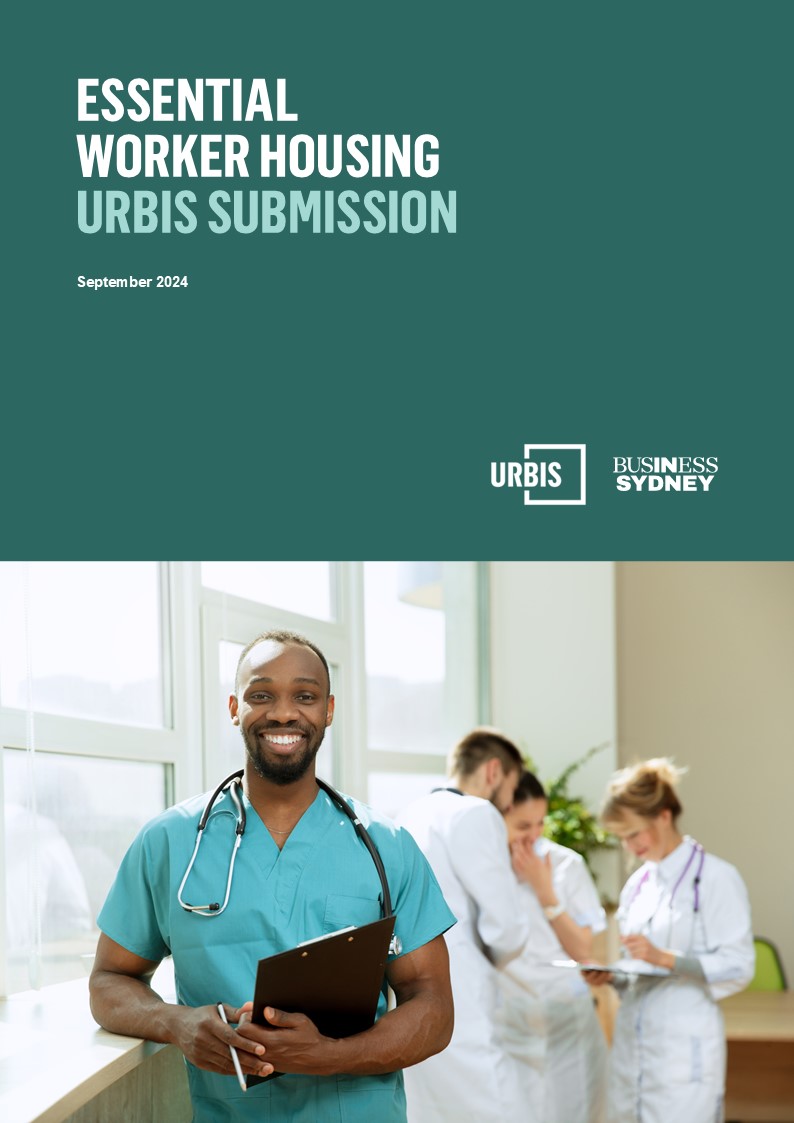Australia is grappling with a significant housing challenge. The escalating cost of living, coupled with a surge in property prices, has created a dire situation for many Australians, particularly our essential workers. These individuals, who are critical to maintaining the services and infrastructure of urban life, are finding it increasingly difficult to afford and access housing near their workplaces.
At Urbis, we believe that access to affordable, high-quality housing is a cornerstone of individual wellbeing and community resilience. We recently partnered with Business Sydney to develop a submission addressing the essential worker housing crisis. This submission, developed through a co-design process involving our industry partners, clients, government agencies, developers, community housing providers, industry and peak bodies, and worker representatives, outlines a comprehensive plan to increase the supply of essential worker housing.

